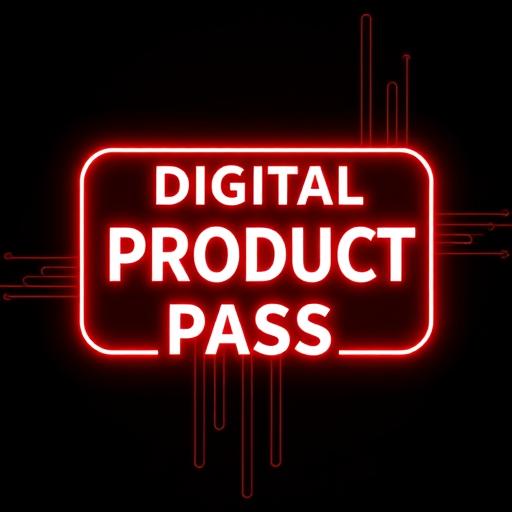Over the past three years, a dedicated research team from IDunion has been working intensively on the Digital Product Passport (DPP).
In the last two years, our focus shifted from theory ( a joint publication with key partners [→ read the paper here]) to hands-on implementation resulting in a Demo – DPP solution that is:
- Data Carrier Agnostic: The product link can be embedded into any data carrier listet in Landscape of Digital Product Passport Standards | StandICT.eu 2026.
- Product Agnostic: Our DPP works with any type of product, whether batch-based, lot-based or individual instances.
- Automatic Identification of the Requester: The solution aligns with #eIDAS2.0 by supporting decentralized identification of individuals and organizations.
- Technology Stack Independent: The DPP can be accessed without downloading a additional app and lowers the threshold for adoption and enhances usability.
- Lightweight & Semantically Rich: Information is delivered through Verifiable Credentials (VCs) and semantic data schemas, ensuring seamless interoperability. Additionally, we use W3C Decentralized Identifiers (DIDs) to guarantee unique, globally resolvable product IDs.
- Cryptographically Verifiable: All data within the DPP is cryptographically signed, enabling validation of authenticity and trust without central intermediaries.
- Trust Infrastructure Support: Establishing trust over the data and integration with Digital Identity Trust Anchors is possible, ex by using the eIDAS 2.0 mechanism and the EU Trust infrastructure proposed for natural and legal entities.
Demonstration: Digital Product Passport System for Battery
Our final demo phase featured a live demonstration of a DPP tied to a battery cell used in an electric scooter.
The goal was to simulate how a real-world DPP can accompany a product through its entire lifecycle — from raw material extraction to end-of-life recycling.
We explored the perspectives and requirements of key stakeholders, including: Miners, Battery pack manufacturers, Economic operators, Consumer, Recyclers and Government and public interest organizations
Through interactive demonstrations, we answered key questions in real time, illustrating how a decentralized, interoperable, and trustworthy DPP can benefit every actor along the value chain.
For more detailed insights and demo material, check out the links below:
- German: https://idunion.org/piloten/sichere-digitale-identitaeten-fuer-produkte/
- English: https://idunion.org/piloten/en/sichere-digitale-identitaeten-fuer-produkte/
A Huge Thank You to Our Partners
his project would not have been possible without the creativity, technical expertise, and dedication of our fantastic partners.
Dr. Andreas Füßler (GS1 Germany), Florin Coptil ( Robert Bosch GmbH), Werner Folkendt (Robert Bosch GmbH), Dominic Hurni (SBB), Cornelia Schalch (SBB), Johannes Ebert (Spherity GmbH) , Sebastian Schmittner (European EPC Competence Center GmbH) , Christian Fries (European EPC Competence Center GmbH), Paulina Drott (GS1 Germany), Dr. Susanne Guth-Orlowski, Ralph Troeger (GS1 Germany), Roman Winter (GS1 Germany)
Thank you for your ongoing commitment to shaping the future of product transparency and digital trust.
What’s Next?
With all project goals achieved and deliverables submitted, the DPP demo project is now officially closed.
We’re incredibly proud of what we’ve accomplished and are eager to apply these insights to future initiatives that further the digitization of sustainable and circular value chains.
